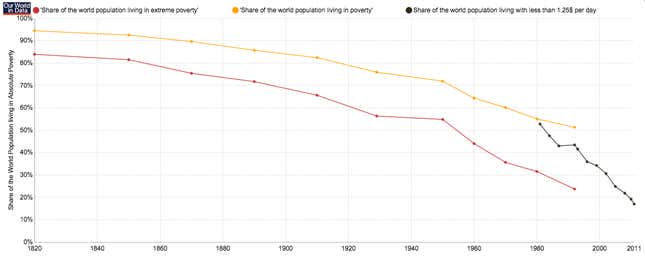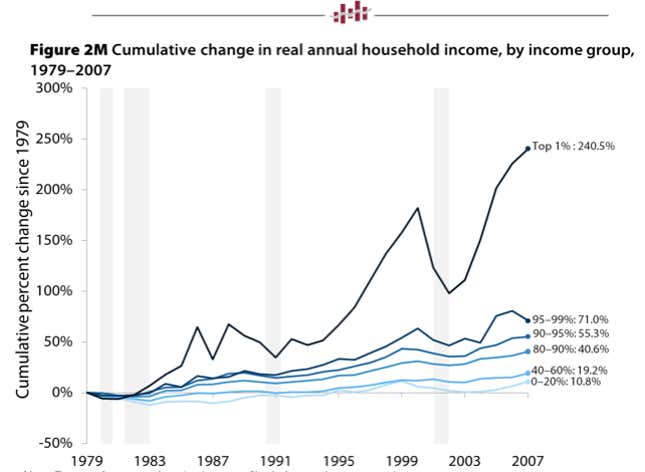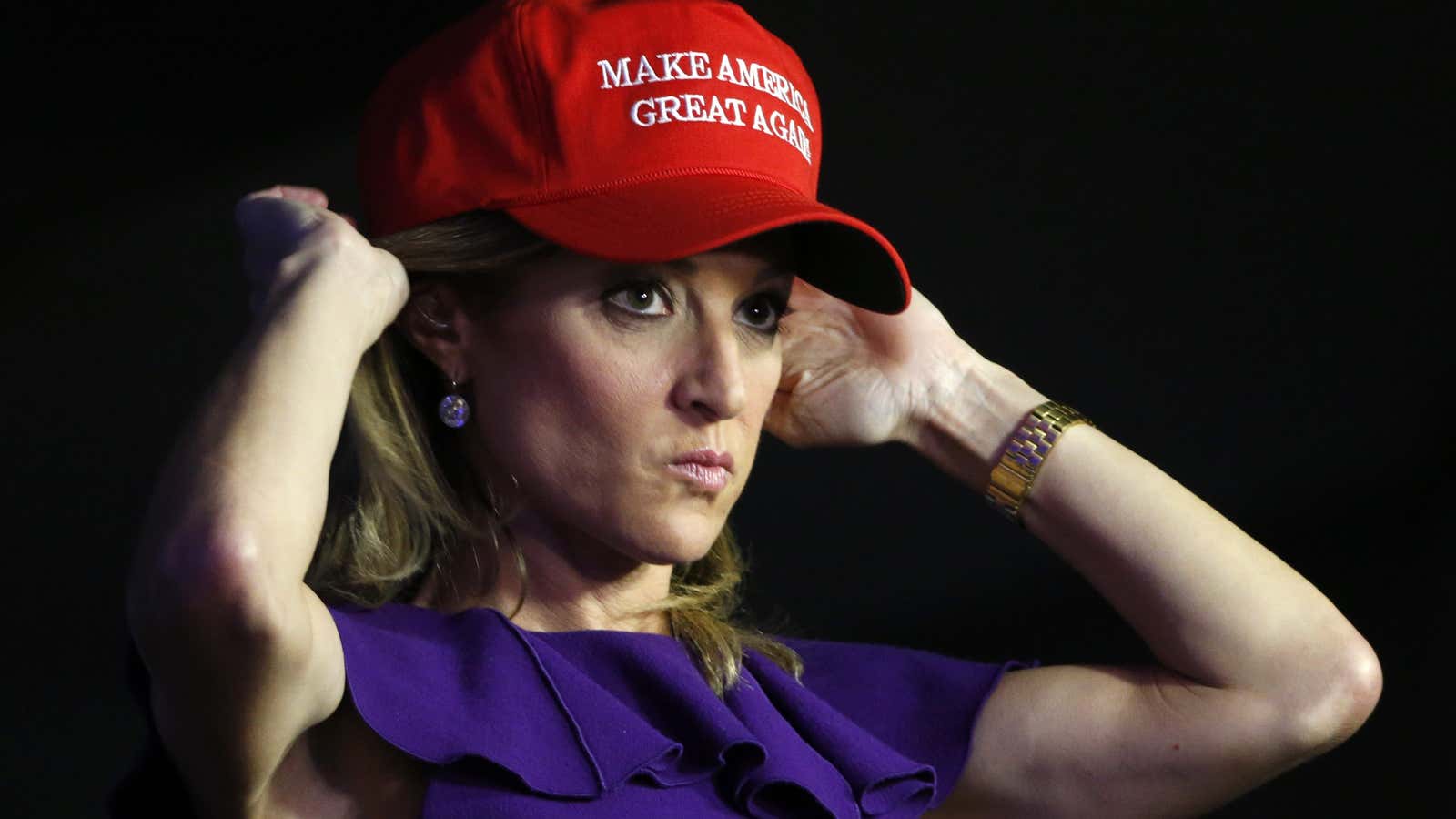One of the most interesting experiments in economics is known as the ultimatum game. It deftly gets at a fundamental truth of human nature — about how our deep emotional programming cause us to do things that, when viewed through the lens of rationality, just don’t make sense.
The game itself involves two players. The first player receives a sum of money, and gets to propose how to divide it between the two players. The second player can do only one thing: accept or reject the proposal. If the second player accepts, then the money is divided between the two players as proposed.
But if the second player rejects the proposal, then neither player gets anything.
Approaching the game from a rational economic perspective, the second player should accept any proposal that involves an offer of anything — because the alternative, of course, is to receive nothing.
But that’s where things get interesting. It’s not how people behave at all.
Instead, research shows that we reject offers we consider unfair. Although this varies depending on culture and other factors (there’s even been a version of this research played where both participants were intoxicated), this general trend holds true.
Of all the explanations for this behavior, it’s the neurological ones that are most interesting. One experiment placed participants in an MRI imaging machine while they were playing. Offers perceived as stingy light up the anterior insular cortex, a region associated with disgust.
In other words — when it comes to dividing the pie, we don’t behave rationally. We behave emotionally.
This is instructive in explaining Brexit and Trump. There’s been disbelief at the outcomes in both the UK and the US: “How could people vote to burn the house down?! How could they be so stupid?!”
These reactions seem to miss something very fundamental about what’s happening here.
Policies such as trade, globalization and immigration have all been proven to be of great global economic benefit. Look at the impact they have had on global poverty:

The rise of China tracks closely to the above chart; and it shows just how much trade and globalization has done to lift billions out of poverty.
But while China and the developing world have benefited enormously from trade, so too has the developed world. The benefits of comparative advantage are real. But the question then becomes: for every extra dollar that has accrued to the US and the UK, who has been the beneficiary?
Here’s a hint: it’s not the people who are voting for Trump and Brexit. These folks don’t care about the chart above, or what it represents as an accomplishment for humanity.
It’s not their chart.
This is their chart, and they’re not on the lines that are going up.

This represents the game of ultimatum that is going on right now. Structurally, there’s been plenty of economic growth inside the US — vastly increasing the pile of money to be divided. But these charts also hint at who the players are in the game.
The first player consists of those people inside the US and UK who have benefitted from globalization and trade: the “elites”, derisively referred to as “the 1%”.
And the second player? That’s everyone inside the United States and the United Kingdom who aren’t in those upper income echelons. They’re all the lines in the second chart that aren’t going up.
These folks are seeing the pile of money in the game growing ever bigger. And they’re also watching on, as the other player keeps an ever-larger share of that pile for themselves.
Now, it’s tempting to adopt a humanist argument: that it’s OK to sacrifice these folks for the greater good. You see this argument all the time: that what is happening in the first chart makes what is happening in the second chart acceptable. That dragging China and the world out of poverty makes it OK for America’s middle class to suffer.
Putting aside how incredibly tone deaf it is for those who are benefiting inside the developed world to point at the collateral beneficiaries in China as a rationale for continuing the policies that have led us to this place (I’m sure benefiting China’s poor was their real motivation all along), there’s something else that needs to be said:
It’s just plain wrong.
The choice is a false one. The benefits from trade and immigration and globalization are so huge, even for developed countries, that should it have been managed properly, everyone inside of these countries would be doing better than they otherwise would have.
But they’re not, because it’s not been managed well. And now, we’re staring the barrel of all it all disappearing because one player is being greedy about it.
In the aftermath of the Brexit vote and the lead up to the Republican National Convention, there’s been talk of undoing what has happened; about not giving Trump the nomination; or ignoring the non-binding referendum that’s happened in the UK.
I understand both arguments. And from a rational perspective, they’re outcomes that I want. Given the fact you’re reading this, they’re probably outcomes you want, too. But what’s been missing from this dialogue so far is that a recognition of our role in this game. We want these outcomes because we’re the first player, and we want to keep proposing the same old deal because we just expect the second player to keep taking whatever it is we give them.
Doing this would be an incredibly dangerous path to walk down. The folks on the other side of this game of ultimatum have watched the tide of globalization wash over the world and lift up everyone else’s boat but their own.
Trump and Brexit have allowed them to channel their feelings into a rejection of the proposal that has been made — on trade, immigration, and globalisation, and dividing up those spoils.
To simply ignore their voice would be a huge mistake. Any time a small group benefits too much at the expense of a larger one, the outcome typically involves the “r word.” (Revolution.)
Fortunately inside the US and the UK, for the most part, this depth of feeling is all being channeled through the ballot box. But to steal Trump’s crown, no matter how illegitimate you think he is, or to ignore the outcome of a democratic referendum… well, what comes when the ballot box no longer works?
These votes on Brexit and Trump that are being so widely decried need to serve as a wake up call. Yes, trade, globalisation, immigration are good things. They have grown the pie immeasurably.
But playing the ultimatum game and screwing the second player — those folks being screwed won’t care how much the pie is being grown if they feel they’re not getting a fair slice.
They’ll throw the whole thing out.
